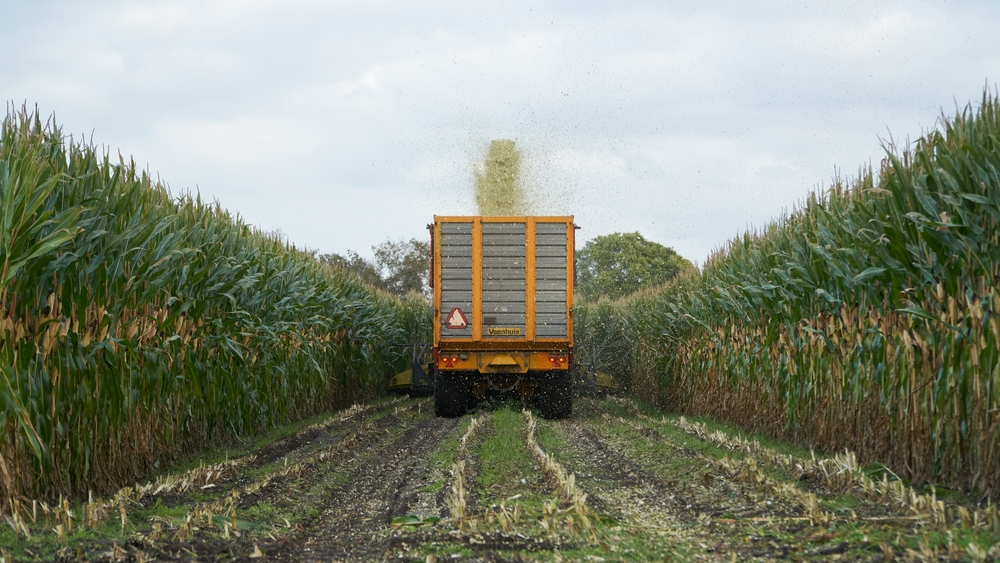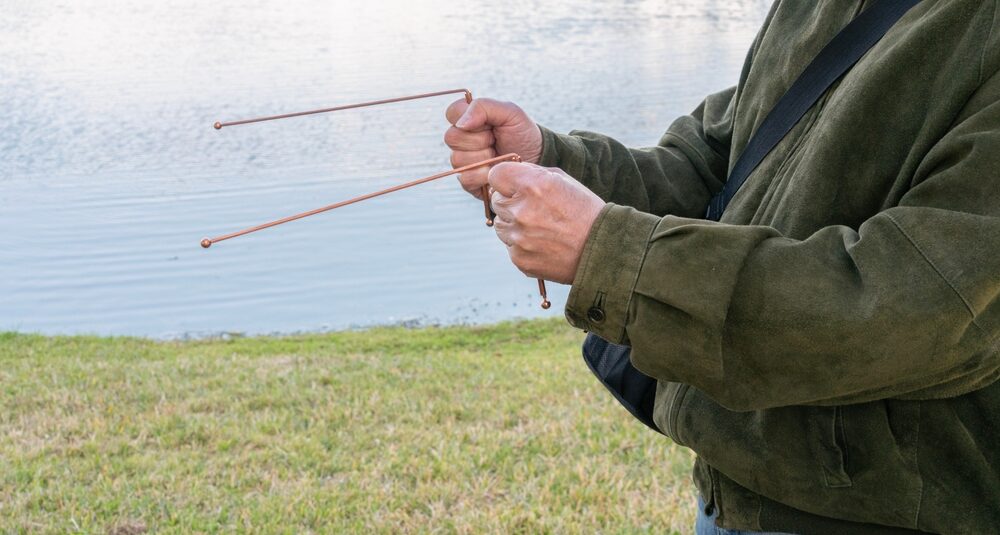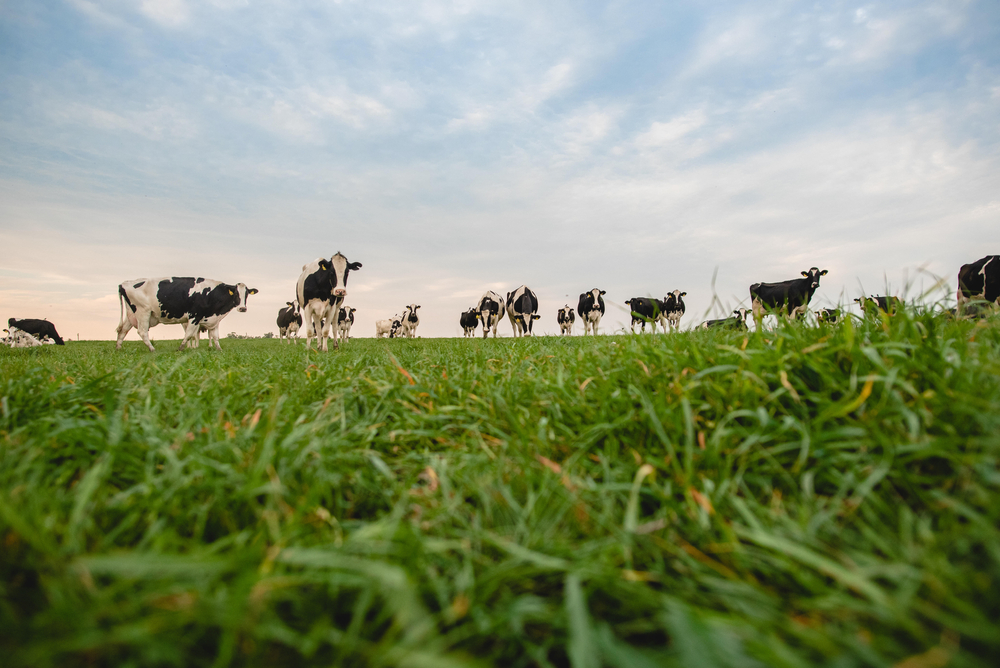The transition to sustainable agriculture is only possible with state support — otherwise many Dutch farmers will go under. That is the main conclusion from a recent study by Wageningen Economic Research. Does the report show the Dutch farmers’ protests have a point?
A feedback group was established for the study that included various agricultural parties. Surely they must have said: ‘We told you so’ when they were shown the report?
Researcher Roel Jongeneel: ‘It wasn’t that bad. The discussions in the feedback group were fairly objective. We mostly talked about the facts relating to agronomic matters, and their input was very valuable. But I did get comments from external people along the lines of “See, the agricultural transition has much more of an impact than was claimed!” The report does indeed show that. It now documents this conclusion, which is supported by experts in academia and the field.’
The figures are quite astounding. For some farms, the loss of income could be up to 200 per cent.
‘That’s right, although that number has taken on a life of its own. The calculations predict a loss of income of 200 per cent for one specific type of farm. Of course that’s not realistic in practice, as the farmer will sell up long before it gets that bad. But the essential message is clear: it will be an impossible task for many farms without solid supportive policies.’
Despite the many packages of measures and grants?
‘There is a lack of clarity on what the government plans to do with the packages of measures in the longer term. And the funds available for grants are often not enough. On the other hand, farmers do want to change, as the recent example of the eco regulation showed. A smart approach to policy will allow better targeting of the environment and biodiversity, to more effect, than is currently the case.’
Dutch central bank president Klaas Knot recently suggested (in a different context) that the Netherlands should stop economic activities that operate below the actual cost price, such as distribution centres and greenhouse horticulture. Does that also apply to agriculture if state support is crucial for the transition?
‘No. This study shows agriculture has various options in how to achieve major reductions in emissions, after which the sector can be competitive and run at a profit. But the farms must be able to make that switch. It is very difficult to make the transition phase viable.’
The study was commissioned by the minister of Agriculture, Nature and Food Quality. Has he responded, will there be a follow-up and what happens next?
‘Of course it’s tricky now we have a caretaker government and negotiations for the new coalition are not going well. I hope there will be some kind of follow-up to this report; the results certainly suggest that is needed. But there is nothing concrete yet.’
In-depth
A more extensive interview (in Dutch) with Jongeneel on the background, methodology and conclusions of the study can be found on wur.nl. The (Dutch) report is available there too.

 WEcR’s calculations predict considerable loss of income for farmers. Photo Shutterstock.
WEcR’s calculations predict considerable loss of income for farmers. Photo Shutterstock. 

